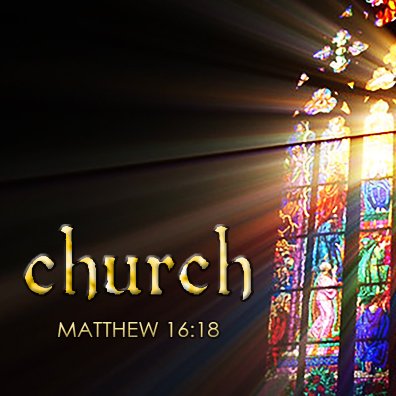Salt and Light
Series: Called - Part 4
Matthew 5:13-16
“Let me tell you why you are here. You’re here to be salt-seasoning that brings out the God-flavors of this earth…
… Here’s another way to put it: You’re here to be light, bringing out the God-colors in the world. God is not a secret to be kept.”
- Matthew 5:13a, 14a (MSG)
Listen to this week’s sermon here:
___________________
In Jesus’ day salt was a precious commodity necessary for life, but not nearly as accessible to everyone as the salt shakers on our own kitchen tables. Light, also, was crucial, especially in an agricultural society, but was of course limited primarily to set hours of natural daylight which changed throughout the year.
I wonder if something has been lost in Jesus’ metaphor in today’s culture where we are oversaturated with both salt and light. An abundance of artificial light disrupts our circadian rhythms and can suppress our natural melatonin levels by up to 50%, causing trouble with sleep and a number of related health disorders. Similarly, the CDC reports that nearly 90% of Americans 2 years old or older consume far too much sodium, with 70% of our salt intake coming from processed and restaurant foods often beyond our control. Given the increase of high blood pressure and risk of heart attacks, strokes and other issues, doctors would rarely suggest that someone should consume more salt.
Jesus says we are salt and light in a metaphorical sense, but cultural realities shape and change the way we understand such metaphors. Could it be that in our world, people are craving a bit more darkness, an escape from light pollution, and a place to rest their eyes and their bodies? Could it be that there is a movement to turn away from processed foods and lower salt intake to lower our blood pressure and increase our overall health? If this is true, what implications might such a cultural oversaturation of salt and light have on our role as Jesus’ followers to be salt and light in the world?
I suggest that one of the biggest problems is that salt and light are found in overabundance in some places while lacking in others. As Christians we tend to stay close to our own kind. We gather all of our lights together in brightly lit sanctuaries, Christian concert venues, and other places those outside the faith would rarely come. Perhaps these places have become so “bright” that most people simply avert their eyes as they would from a solar eclipse. Instead of the welcoming light of a warm fire or candlelit space, they turn away squinting their eyes as we shine the spotlight on their differences or their “sin.”
In the same way, we must remember that there is a big difference between being “salt” and being “salty.” Too often the world finds Christians “salty.” Rather than bringing out the natural beautiful flavors in this world God created and loves, we over salt and over season to the point where the feast of love and grace we have to offer becomes unrecognizable and unpalatable.
Salt is valuable where the food is bland or where something needs to be preserved, but it does little good in the middle of the ocean when someone is dying of thirst. Light is necessary to guide someone through the dark, but it does no good to shine a flashlight at the sun to help someone find their way.
If we are to be useful as salt and light, perhaps we need to spend more time in the places it is most lacking.







